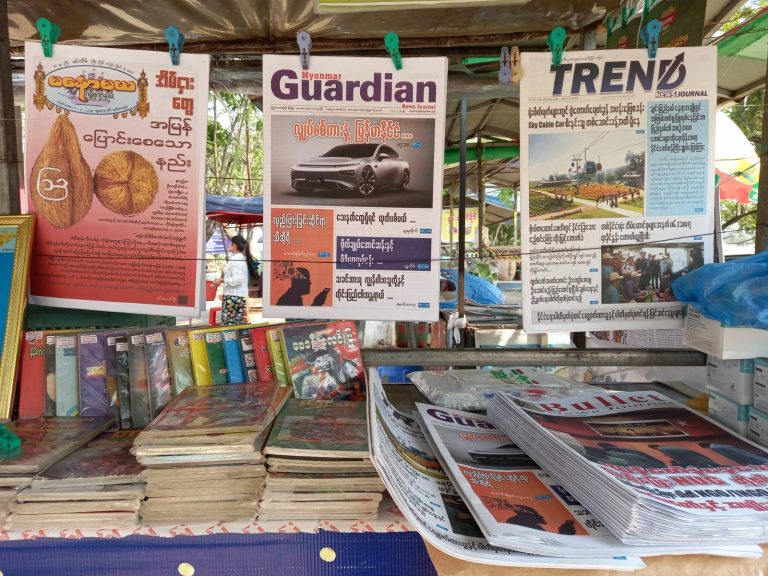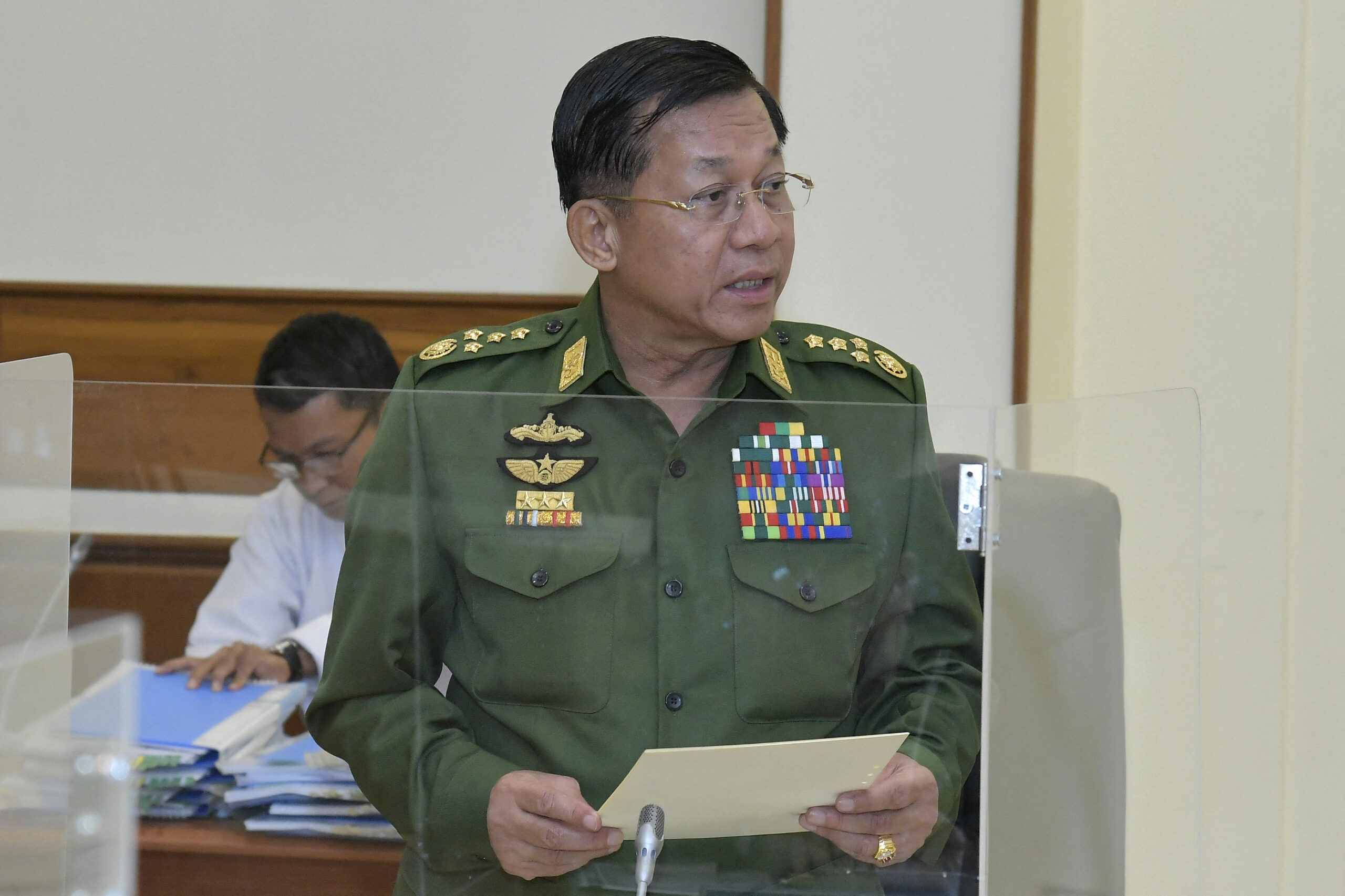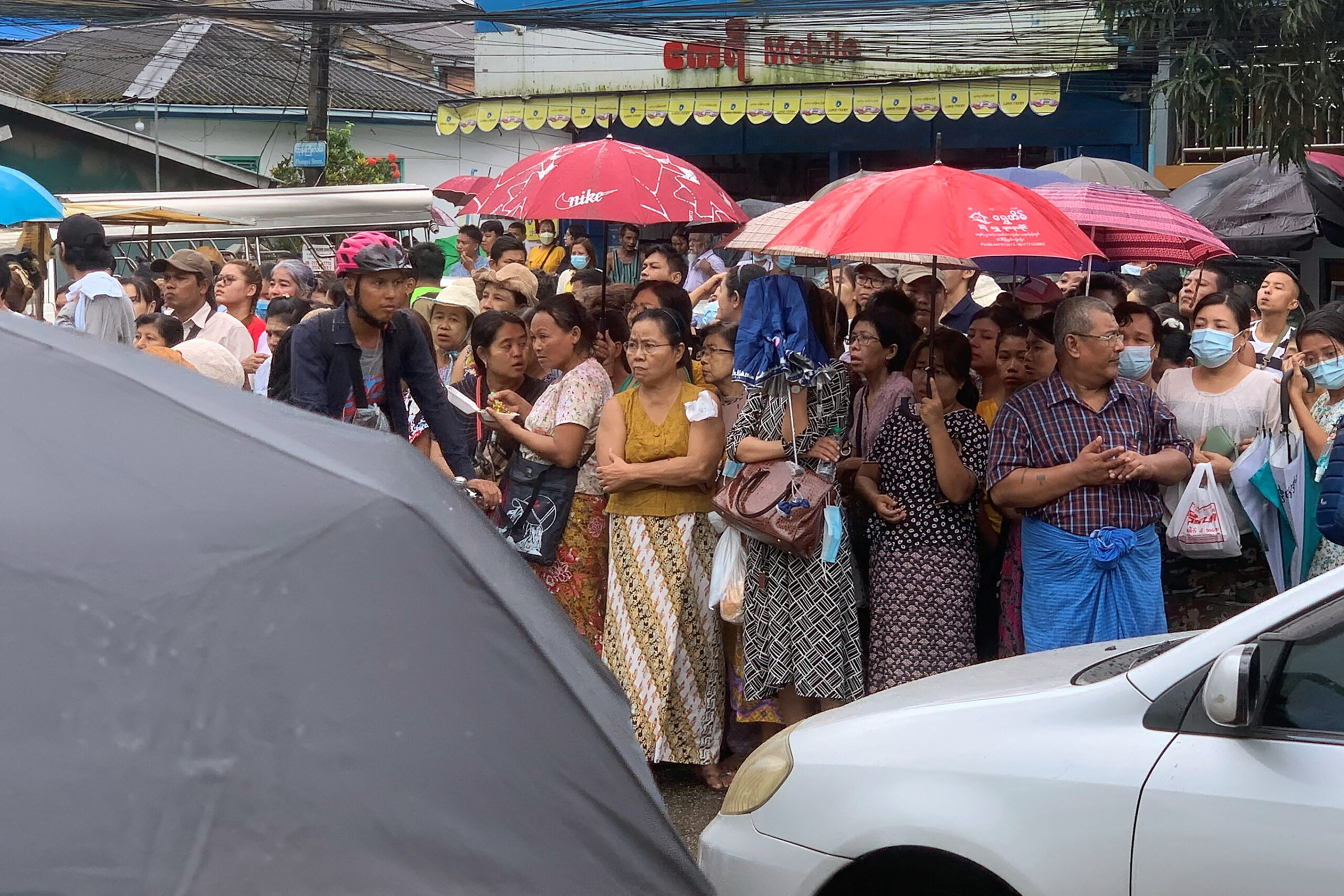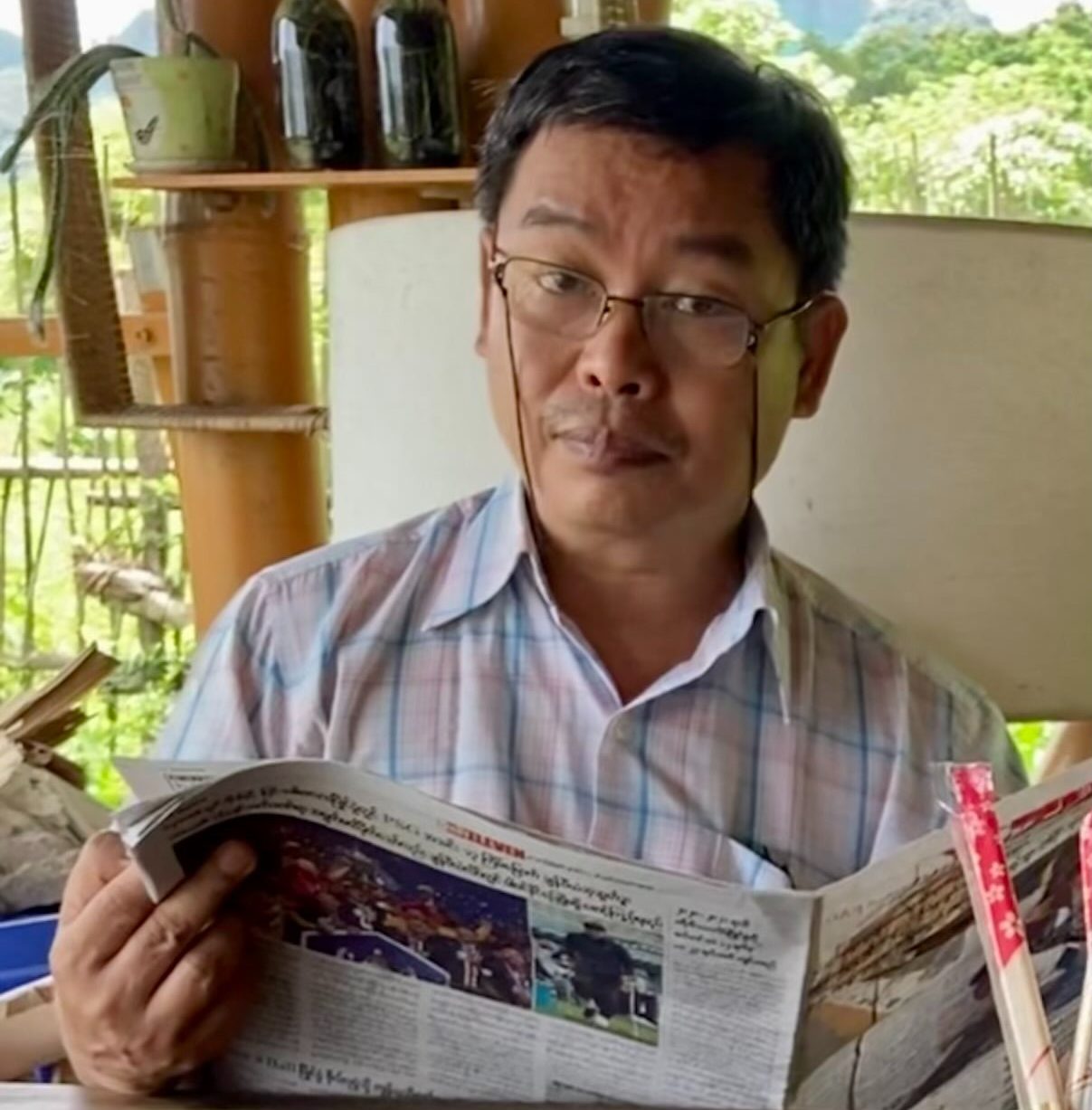To say that 2017 did not unfold as many of us had hoped would be an understatement.
The year began with tragedy: the assassination of prominent Muslim and National League for Democracy legal adviser U Ko Ni. At the time we paid tribute to him with a black cover, his name in small, lonely type in the middle of the page. Today we honour him again, with our person of the year award. His loss is still keenly felt.
The year didn’t get much better from there, but we won’t run through all of the disasters and challenges: most are well known. It’s clear though that Myanmar’s internal dynamics and external relationships have changed profoundly, and not for the better. It may never be possible to rebuild the delicate equilibrium the country enjoyed after 2011. The forces unleashed over the past 12 months could prove impossible to contain.
It’s easy to blame the government for this but there is a complex range of factors at play. Few actors are without blame.
Yet at a time of darkness and despair, it’s natural to look to the government to chart a path forward. As its strongest unifying force, State Counsellor Daw Aung San Suu Kyi remains the country’s greatest hope.
But we need a plan. We need something that we can get behind.
Support more independent journalism like this. Sign up to be a Frontier member.
It didn’t get much attention at the time, but following its annual article IV consultations the International Monetary Fund urged Myanmar to undertake a “well-sequenced second wave of reforms” to maintain the momentum of recent years.
But this second wave should not focus solely on the economy; political and social reform should also be at the top of the agenda. The government needs to move away from grand statement and unattainable goals to the nitty-gritty. Set achievable targets for 2018 and 2019, divided into three or six month blocks. Don’t try to solve every problem at once – or pretend there are no problems.
Communicate the goals, measure the progress and announce the results. Take credit for the victories; in the event of failure, identify the reasons and chart a new course. Do that, and in 12 months we’ll be leading the chorus singing the government’s praises.
For now, though, the picture is grim, particularly from where we sit. The difficulties that have afflicted the country have also been felt within the media industry, including at Frontier.
Yes, we agree that journalists talk about themselves too much. We often overestimate our importance. But we also figure that if you read Frontier, you care about journalism. So please bear with us.
The industry and its practitioners are more vulnerable to political and economic headwinds than at any time in recent memory. The military and government have poisoned the well; the respect that journalists once enjoyed, particularly after censorship was lifted in 2012, has largely dissipated. Many now view journalists with ambivalence, even cynicism.
At the same time, the support we have received over the past 12 months has been incredible. It has helped to reaffirm our mission: to give a voice to the marginalised, to hold the powerful to account and to contribute to a brighter future for this wonderful country. We are more determined than ever to deliver on these goals, but we need your help. It will only be possible with more readers and more advertisers. If you’re a casual reader, please consider signing up for a subscription; if you enjoy Frontier and know someone who should be reading but isn’t, please point them to the subscription page on our website. If you are following our work from outside Myanmar, we’d love you to try our e-publication.
We wish all of our supporters a safe, prosperous and enjoyable New Year. And we hope to see you again in 2018 – when we will need you more than ever to keep the flame of independent journalism in Myanmar alive.
This editorial first appeared in the December 28 issue of Frontier.







